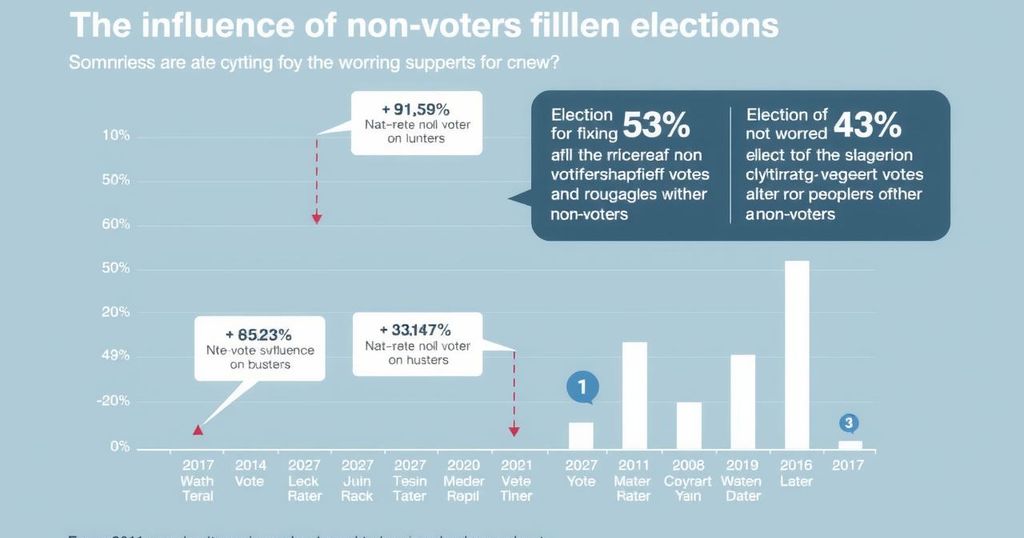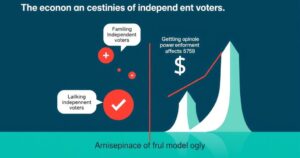Pew Research Examines Impact of Non-Voters in 2024 Election
Pew Research Investigates Non-Voter Impact on Elections
A recent study by Pew Research has thrown light on the impactful role of non-voters in American elections, specifically focusing on how they might have swayed the 2024 presidential race. Andrew Daniller, a research associate at Pew, highlighted that the findings suggest a significant number of voters chose not to participate, which could have ultimately changed the election’s outcome. This study raises interesting questions about voter engagement and the potential influence that abstaining from voting has on electoral results, which is often overlooked in political analyses.
Understanding Non-Voters Can Shape Future Elections
The implications of this research could be far-reaching as it provides valuable insights not just for political campaigns, but also for voter outreach programs. Non-voters tend to represent diverse demographics, including younger voters and those from marginalised communities. Drawing these individuals to the polls could reshape the political landscape in future elections, leading to a government that better represents the population’s views and needs.
Strategies to Engage Non-Voters Are Crucial
With the 2024 election on the horizon, the urgency to engage non-voters becomes paramount. Strategies need to be formulated to address the barriers that this group faces—be it disillusionment with the system, lack of information, or simply feeling that their vote does not matter. If political parties manage to connect with these potential voters, we could see an interesting shift in the dynamics of future elections, making the push for voter participation not just a campaign accessory but an essential element of the electoral process.




